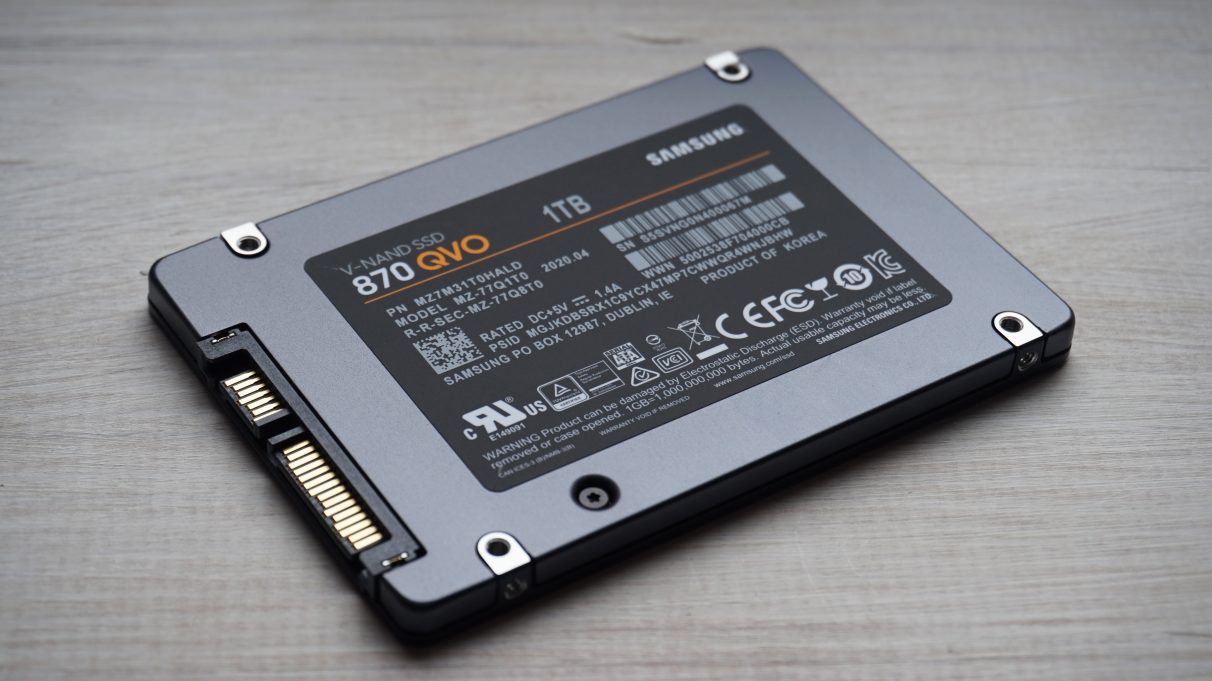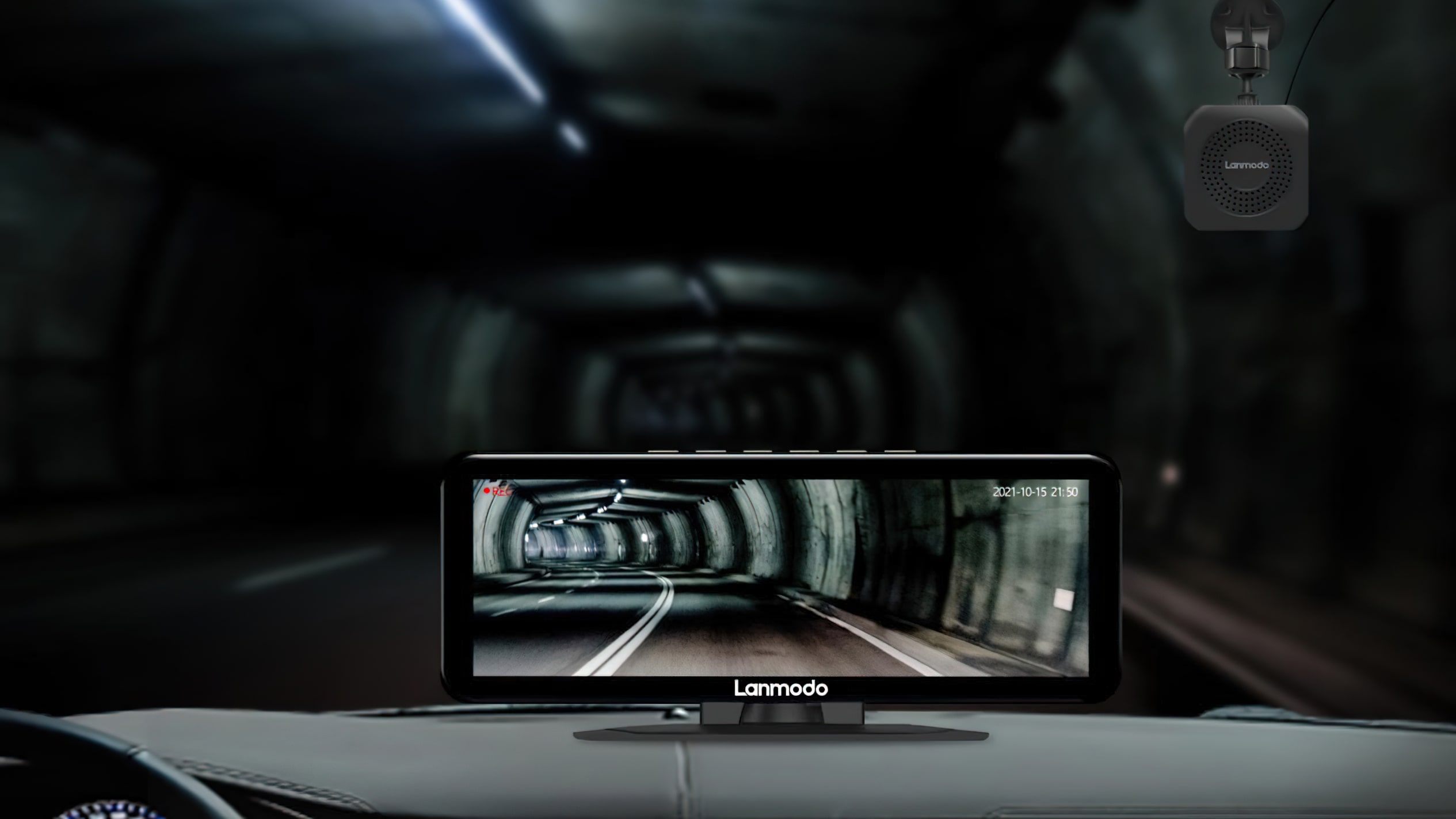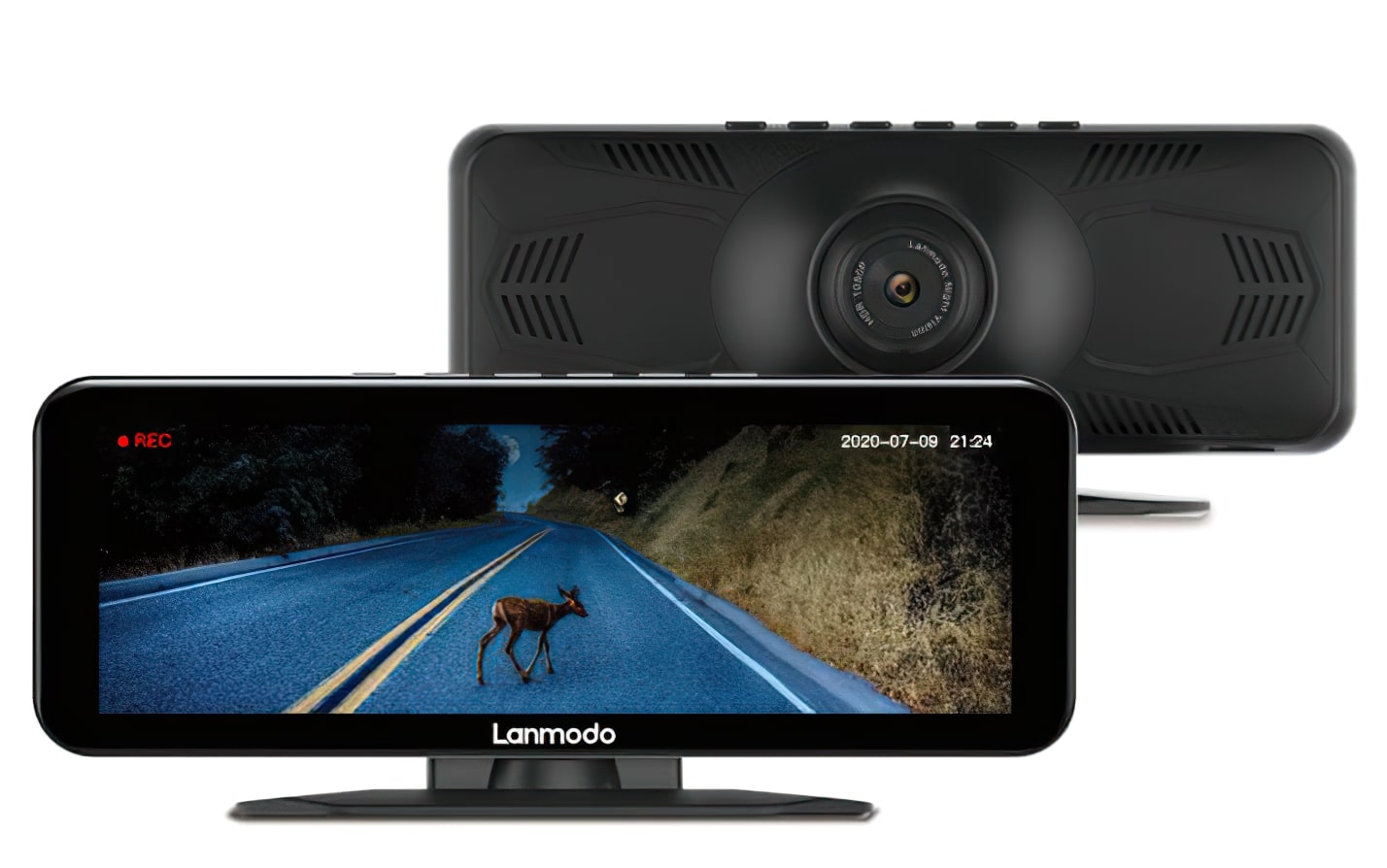
When Samsung launched their 860 Qvo SSD again on the finish of 2018, it lastly introduced excessive capability SSDs right down to a extra reasonably priced worth. Why was the 860 Qvo all of a sudden a lot cheaper than the 860 Evo? Well, it was largely right down to the kind of storage tech Samsung used contained in the Qvo – what’s often called 4-bit MLC (multi-level cell) V-NAND expertise, versus the Evo’s 3-bit MLC. Historically, 4-bit has been a bit slower than 3-bit, therefore the lower cost. But because the 860 Qvo rapidly proved, there actually wasn’t an enormous quantity of distinction between it and the 860 Evo, making the Qvo the de facto customary for anybody after 1TB or above.
Now, Samsung are again with the 870 Qvo, which makes use of their second technology 4-bit MLC tech and a brand new MKX controller that enables for capacities all the best way as much as 8TB in its slim 7mm chassis. Said 8TB SSD will nonetheless price you a relative arm and a leg – £796 within the UK and a large $900 within the US – however it’s the entry-level 1TB mannequin I’ve received on take a look at right here at the moment, which is available in at a way more reasonably priced £111 / $130. That’s a nonetheless fraction greater than the present 860 Qvo’s worth of £98 / $125, however with Samsung touting a pace improve of as much as 13% and a sustained efficiency enhance of as much as 21%, let’s see if it’s value the additional cash.
Samsung 870 Qvo assessment in a nutshell
The good…
- Offers nigh on similar random efficiency to Samsung’s 860 Evo
- Great worth for cash
- Now accessible in 8TB
The unhealthy…
- Random write speeds haven’t improved an excellent deal
- The 860 Qvo continues to be fairly a bit cheaper within the UK
Now, testing an SSD’s sustained efficiency is tough to do with out long-term testing, however provided that Samsung’s SSDs are normally fairly high drawer – the 860 Evo has been sitting in my best SSD for gaming rankings ever because it got here out, for instance – I’m keen to present them the advantage of the doubt right here. Speed testing, however, is far simpler to do, and also you’ll see from my outcomes under that the 870 Qvo has now just about closed the hole between it and the 860 Evo in terms of these all-important random learn and write outcomes.
That may not sound like a lot of a feat by itself, however when a 1TB 860 Evo nonetheless prices £130 within the UK, the 870 Qvo is an absolute no brainer when it comes to total worth. Plus, with the 870 Qvo introducing a brand new kind of SSD controller, I wouldn’t be shocked if an 870 Evo is simply across the nook as effectively.
Still, till the 870 Evo makes its inevitable look, the 870 Qvo is just about in a league of its personal for 1TB SSD consumers. On the field, Samsung declare a sequential learn pace of as much as 560MB/s and a sequential write pace of as much as 530MB/s (a rise of 10MB/s apiece in comparison with the 860 Qvo’s specs), which is the theoretical most that may truly be achieved over the SATA interface. In different phrases, it ain’t getting a lot quicker than this.
In observe, my outcomes maxed out at 525MB/s sequential learn and 497MB/s sequential write after I put it by way of AS SSD’s 1GB sequential take a look at, however that’s nonetheless fairly darn spectacular all issues thought of. Indeed, the 860 Evo managed a nigh-on similar 524MB/s learn and 496MB/s write manner again when, whereas the 860 Qvo got here in with 492MB/s learn and 499MB/s write.
Of course, sequential speeds aren’t the very best indicator for the sorts of speeds you’ll truly see daily. Instead, it’s random speeds which are a extra correct reflection of real-world utilization, particularly on a gaming PC, and right here the 870 Qvo continued to place in an excellent efficiency. In AS SSD’s random pace take a look at, which reads and writes a gigabyte’s value of tiny 4K recordsdata, the 870 Qvo completed with a learn pace of 39MB/s and a write pace of 111MB/s.
Compare these outcomes to the 860 Evo’s and so they’re as soon as once more just about on a stage enjoying subject, with the Evo coming in at 40MB/s learn and 98MB/s write (which, simply in case it wasn’t clear earlier than, is already streets forward of its different SATA competitors, together with the Crucial MX500 and WD Blue 3D NAND). The 870 Qvo additionally improves on its predecessor’s learn pace of 35MB/s, however it did not catch the 860’s frankly astonishing write pace of 121MB/s.
Still, even when the 870 Qvo’s random write pace is a bit decrease than anticipated, it does not less than enhance on its predecessor’s copy and switch speeds. To take a look at this, I used AS SSD’s copy benchmark, which includes transferring three totally different file varieties from the OS onto the drive – an ISO folder consisting of two giant recordsdata, a packages folder with a lot of little recordsdata, and at last a game folder that’s made up of each massive and small recordsdata.
In the ISO take a look at, it managed a pace of 687MB/s (an entire 100MB/s quicker than the 860 Qvo), and within the Program take a look at it completed with a pace of 547MB/s (up from 531MB/s). Its Game rating, in the meantime, was an similar 483MB/s.
All in all, then, the Samsung 870 Qvo isn’t a whole revolution in SSD pace, however it does provide tangible enhancements over its 860 Qvo predecessor in terms of learn and switch efficiency, and it successfully closes the hole between Samsung’s 3-bit MLC SSDs such because the 860 Evo as soon as and for all. Add in its improved total endurance and the 870 Qvo is a compelling little bit of storage, particularly within the US the place it’s at the moment simply $5 more than the 860 Qvo.
For these within the UK, I reckon the 860 Qvo nonetheless represents fairly good worth for cash total, and I’d be keen to commerce its mildly slower efficiency for the sake of maintaining one other £13 in my pocket. Still, if and when Samsung ultimately determine to axe the 860 Qvo, the 870 Qvo stays the following apparent selection for these after a excessive capability SSD. No different SATA SSD even comes shut when it comes to total pace and efficiency, making it a a lot better purchase than both of its predominant 1TB rivals, the £100 / $115 WD Blue 3D NAND and £105 / $115 Crucial MX500. If you need the very best of what SATA has to supply, then the 870 Qvo is the best SSD for gaming to purchase.
And bear in mind, should you’re on the lookout for a less expensive or smaller capability SSD, then be sure to test our often up to date SSD deals web page for all of the lowest costs on at the moment’s greatest SSDs.




